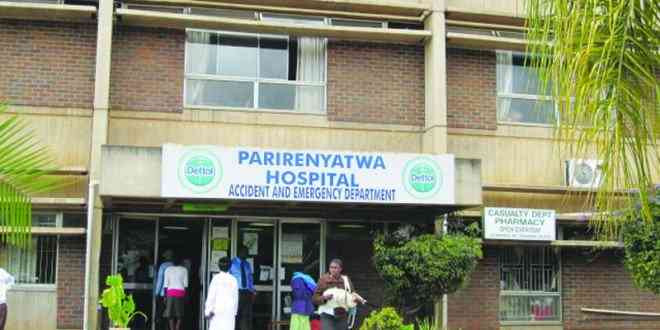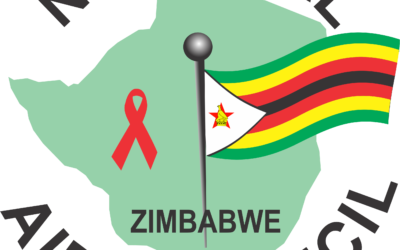
ZIMBABWE’S healthcare system is on the brink of crisis following the recent 90-day freeze on United States foreign aid, a move that has exposed the country’s dangerous over reliance on external funding.
For years, donors have shouldered a significant portion of Zimbabwe’s healthcare costs, covering everything from doctors’ and nurses’ salaries to life-saving HIV treatment.
Now, with this support frozen, the government is faced with a stark and urgent reality; it must take responsibility for financing public healthcare.
The consequences of continued neglect are dire. Over 1,2 million Zimbabweans rely on antiretroviral therapy (ART), with the bulk of funding coming from international donors, particularly the United States through Pepfar.
Any disruption in funding poses a direct threat to these lives, potentially reversing hard-won gains in HIV treatment and prevention.
While officials insist that current drug stocks are sufficient for now, the long-term outlook is deeply uncertain.
The crisis extends beyond HIV treatment, as the broader healthcare sector continues to crumble under the weight of underfunding, corruption, and mismanagement.
Zimbabwe has long failed to meet its commitments under the Abuja Declaration, which requires African nations to allocate at least 15% of their national budgets to healthcare.
- Warrant of arrest canceled for illegal billboard accused
- Goblins ‘besiege’ school
- Vieira backs Mane for Ballon d’Or ahead of Bayern move
- The trial of Directors accused of erecting illegal billboard deferred again
Keep Reading
Instead, healthcare has remained a low priority, with hospitals suffering from chronic shortages of medicines, equipment, and personnel. The little funding that does exist is often siphoned off through corruption, leaving ordinary citizens to bear the burden of out-of-pocket expenses for basic medical care.
The result is a two-tier system where only those who can afford private healthcare receive adequate treatment, while the majority are left to suffer in deteriorating public hospitals.
The Community Working Group on Health (CWGH) has raised serious concerns about Zimbabwe’s continued reliance on donor funding and the urgent need for a transition to a more sustainable, locally-financed healthcare system.
The current model, which depends on foreign aid and out-of-pocket payments, is failing. Without a drastic shift in priorities, the country risks further eroding its already fragile health infrastructure.
Local government health services have been severely neglected, with disease prevention and control efforts hampered by poor urban planning, unregulated settlements, and a lack of access to clean water and sanitation.
This has led to recurring outbreaks of preventable diseases, worsening an already dire public health situation.
Instead of focusing on political battles and power struggles in the ruling party, the government should be prioritising public service delivery.
Corruption and mismanagement have drained national resources, diverting funds that could have been used to improve hospitals, stock essential medicines, and ensure that healthcare workers are adequately paid.
Every dollar lost to graft is a dollar stolen from a patient who cannot afford treatment. The government cannot continue to hide behind donor support while neglecting its duty to provide healthcare for its citizens.
This crisis presents an opportunity for Zimbabwe to reimagine its healthcare system. The government must commit to sustainable funding by allocating a meaningful share of the national budget to health.
It must also take immediate steps to strengthen local health services, which have been ignored for far too long, leaving communities without basic healthcare access.
Investing in human resources is equally crucial, healthcare workers cannot be expected to deliver quality services when they are overworked, underpaid and poorly equipped and forced to operate in substandard conditions.
For years, Zimbabwe has depended on international goodwill to sustain its healthcare system. That era is coming to an end. The government must now make a choice: continue down the path of dependence and neglect, or take decisive action to build a self-sufficient, well-funded healthcare system that serves all citizens, not just those who can afford private care.
The stakes could not be higher. Lives are on the line, and time is running out.






